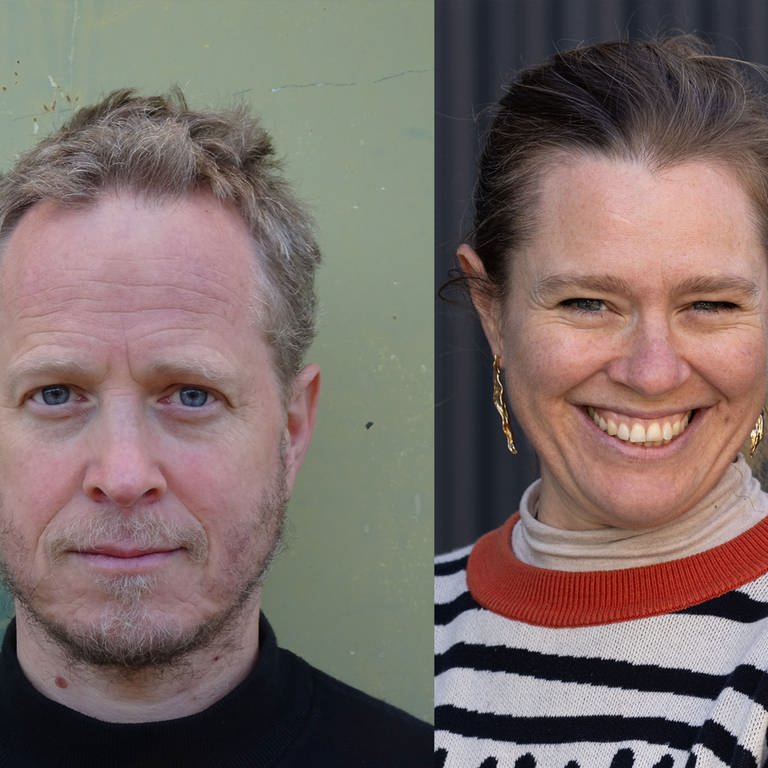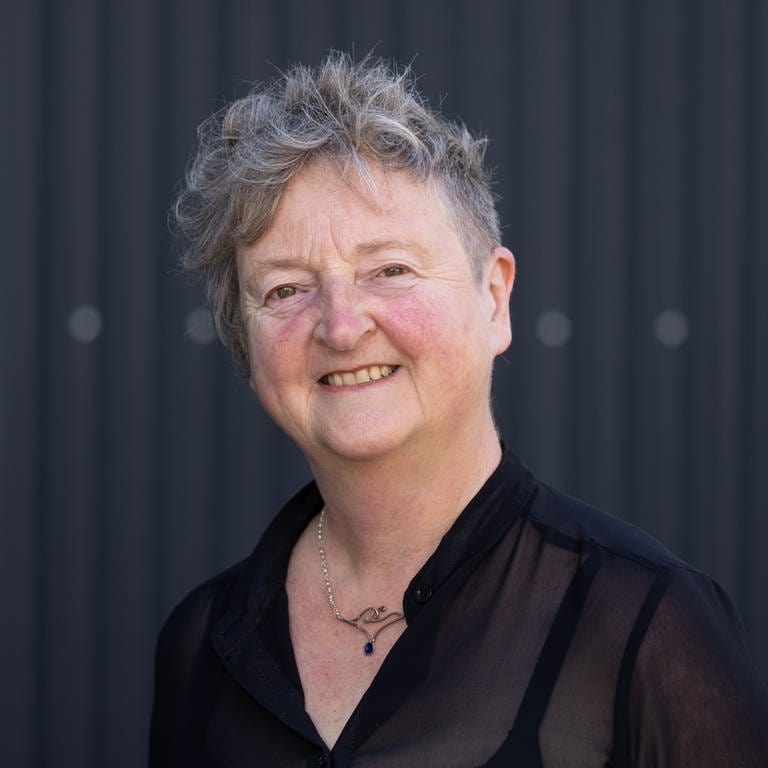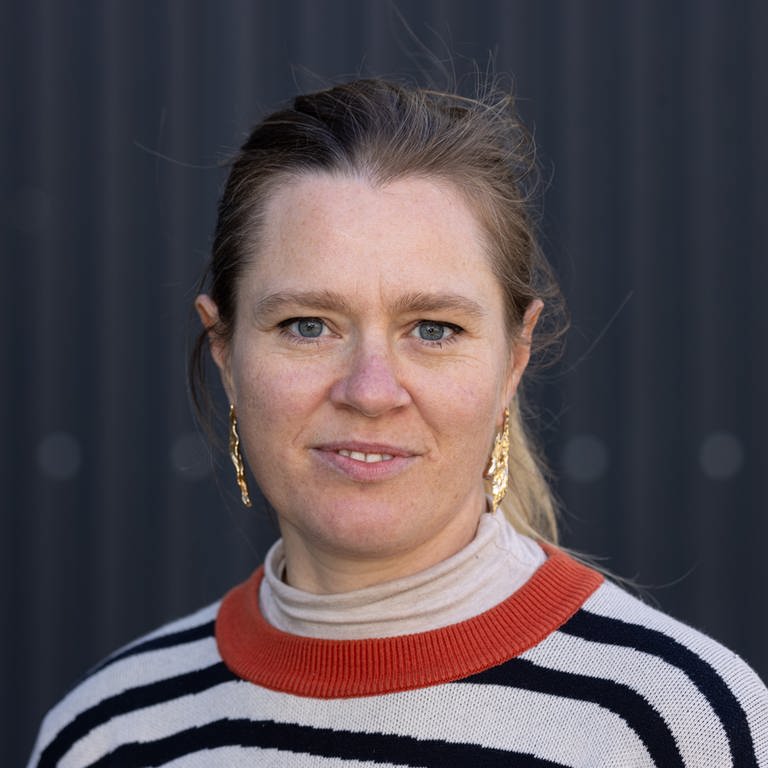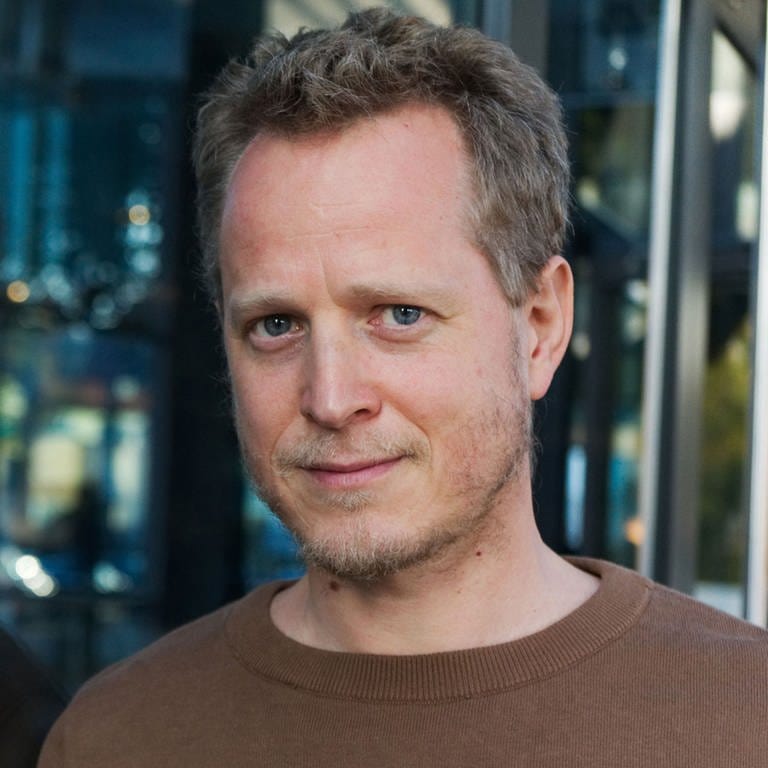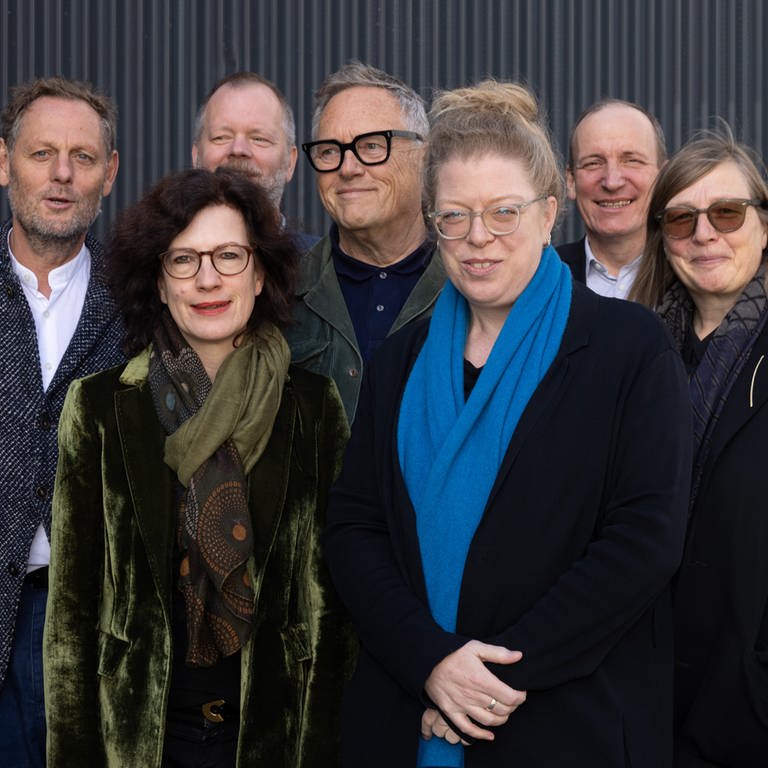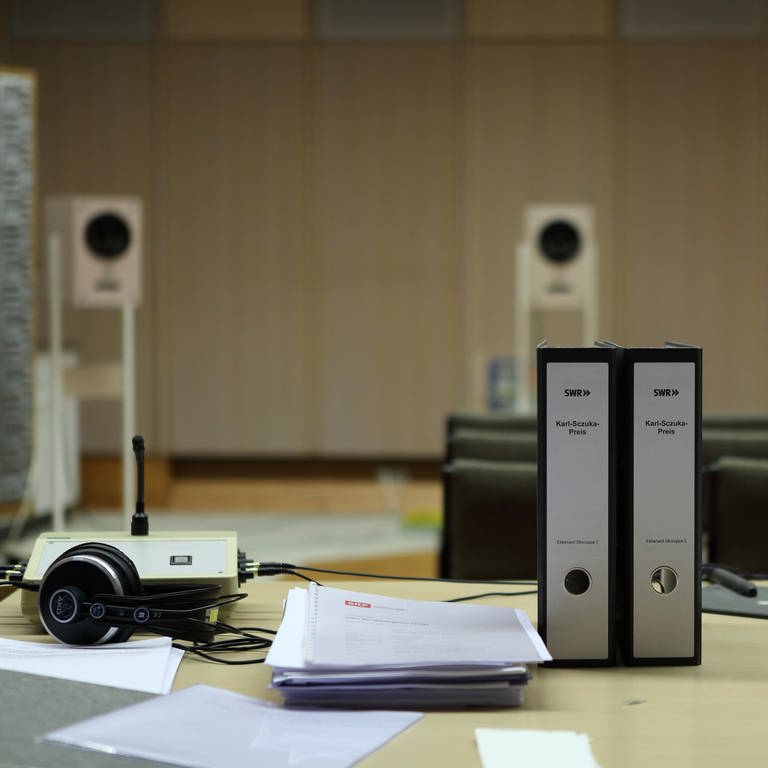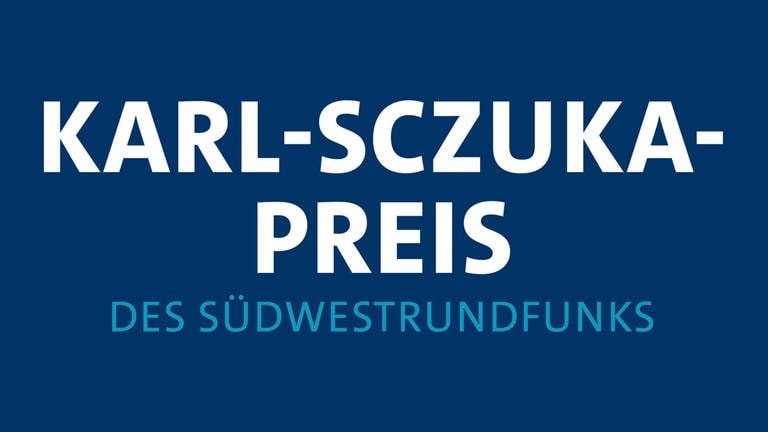A person turns the doorknob, a dark shimmering chord fades out, the door swings open quietly, and hesitantly the stairwell is entered. We hear the crackling of the film sound and soft footsteps in the hallway before the door slams shut again. In between, nothing can be heard. Or was there something else hidden in the noise of the room?
Short audio excerpts from films, TV commercials, studio and field recordings form the basis of the audio piece Interstitial Spaces. The focus in the selection of the material was on periods of time between the «actual» events: the «not yet» or «no more»; the edges of the music; a last reverberation that fades into space; the inhalation before the first note sounds; the pauses for reflection, the hesitation, the silence that arises during the search for the right words. A gap, a lack that should be quickly remedied, or an in-between space in which we can linger? The musical pause is such a place. A place where seemingly nothing happens. So let’s listen to the silence, let’s zoom into the noise. What do we discover there?
The sonorous multitude of an orchestra tuning, a train station concourse vibrating with the sounds of hundreds of people and pieces of equipment – can we pick out individual acoustic events in this multitude that arouse our interest, that lead us on a trail? The seemingly incidental comes to the fore here. Spaces between presence and absence are explored acoustically, and there is a spotlight on apparent silence. Various shades of noise emerge, and hidden sounds, otherwise often overheard, emanate from it, becoming new anchor points of the event.
Interstitial Spaces begins with one of the very first sound recordings, in which Johannes Brahms is announced, barely intelligible, hidden in the noise of the phonograph, and a short excerpt of his own piano playing can be heard thereafter. We move through different acoustic spaces in the course of the piece. And in between, the sound of doors opening and closing, telephones being picked up, connections being made and broken again. Communication emerges across space and time, across the boundaries of language and music.
A composer conferring with a conductor while the orchestra tunes; snatches of speech emerging and disappearing from the tangle of instruments and conversations.
Sounds stream from the windows of the surrounding apartments into a backyard in New York. Here the clattering sounds of dishes, there an argument, here radio, there piano playing. All these sounds make it impossible for us to follow what seems to be a conversation in the courtyard. We are left with only individual scraps of words and syllables. From a distance, street noise.
We hear rustling. An empty room? Here breathing, very close; the sounds of a hand turning the pages of a book and gently stroking a page.
All these events have something in common: the «signal to noise ratio» is in limbo, and hierarchies are unresolved. The question arises as to what is «valuable» information – what is «useful» and what is noise, what is in the foreground and what is in the background? Where do we put the focus? What is essential to be able to follow an action? Do we need to be oriented? In Interstitial Spaces there is no clear plot, no main thread, rather a multitude of traces which can be followed in a free associative way while listening.
Composition and realization: Martin Brandlmayer
Mastering: Martin Siewert
(Production: SWR 2023)
The jury gave the following reason for their decision
"The experimental composition works with the interstitial spaces in the soundtracks of films, television commercials, studio recordings and field recordings. Brandlmayr isolates the sounds of pauses, the not-yet and no-more in the acoustic material, thus bringing the seemingly incidental into focus. In the minimalist production, each auditory signal is significant and gains an aesthetic quality of its own. The complex rhythmization, which treats acoustic percussion and electronic noises equally, opens up a sonic space in which the conventional distinctions of information and interference signal, of quality and waste, are permanently undermined. Despite the thoughtful conception, nothing in this piece is predictable; it is precisely the unexpected, occasionally even the overwhelming, that defines listening as a self-active aesthetic activity and reveals new ways of radiophonic experience."
Karl Sczuka Prize awarded for the 62nd time
This year, 89 entries from 34 countries were submitted. An independent jury chaired by visual artist Olaf Nicolai decided on the winners in Baden-Baden on Thursday, June 29, 2023. Other jury members were Inke Arns, Julia Cloot, Michael Grote and Thomas Meinecke.
The author
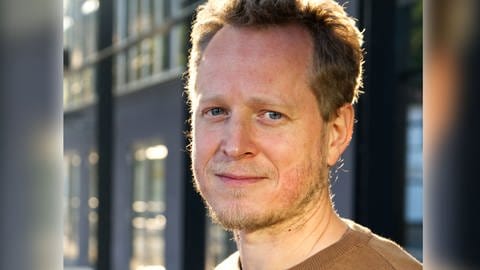
Martin Brandlmayr is a composer and percussionist. He works in the border area between improvisation and composition, and at the interface between electronic and acoustic sound worlds. He is a member of the ensembles Polwechsel, Trapist and Kapital Band 1, among others. With Radian he has released a total of seven albums since the late 1990s, five of them on the US label Thrill Jockey. Besides his long-term projects, he has composed music for dance, opera, film and video productions as well as sound installations. He has worked with Howe Gelb, Mats Gustafsson, Christian Fennesz, Elisabeth Harnik, The Necks, Sachiko M, David Sylvian, John Tilbury, Ken Vandermark, Otomo Yoshihide and many more. In 2018, he received the prestigious Karl Sczuka Prize for his radio play Vive les fantômes.
He received the Karl Sczuka Prize 2018 for his debut radio play "Vive les fantômes" (SWR 2018)
